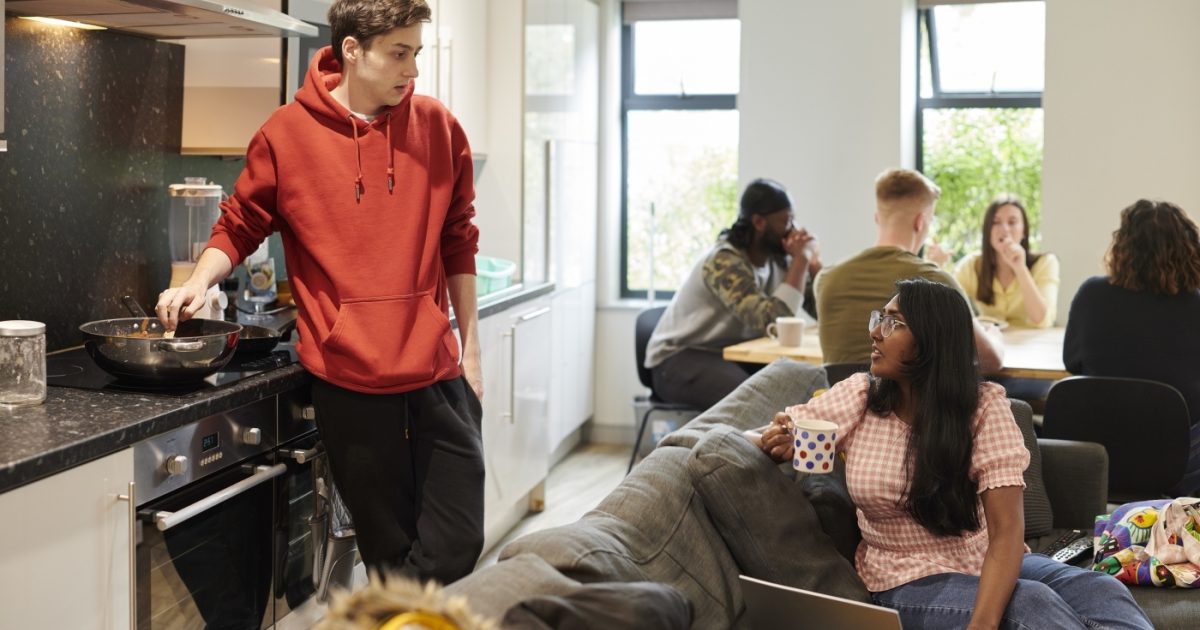Affordable homes, quality public services and social security are the solution to sky-high costs
In the aftermath of last week’s local elections, despite party spin-doctors pushing competing interpretations of the results, there was a consensus that the rising cost of living was at the forefront of voters’ minds. With a general election now looming into view, it seems likely that the squeeze on incomes and living standards will continue to be the defining political issue.
However, the political debate around how to respond to current pressures is failing to get to grips with both the true scale of the challenge and the multiple long-term policy failures that have precipitated it. The cost of living crisis we have been experiencing over the last 18 months is compounding a quality of living crisis that has been brewing for far longer.
First the pandemic and now high inflation have exposed and exacerbated long-standing weaknesses in the way our economy and society is run. If, as expected, inflation rates fall substantially between now and the general election, some will claim that we have weathered the storm and can get back to ‘business as usual’. But the reality is that, without radical reform, millions of people will continue to be denied the building blocks of a happy, healthy and prosperous life.
“The cost of living scandal we have been experiencing over the last 18 months is compounding a quality of living crisis that has been brewing for far longer.”
At NEF, we believe that we need a new social settlement – a reorientation of our society and economy around the core principle of ensuring everyone has what they need for a decent quality of life, all within the bounds of environmental sustainability. The social policy team that I lead is working on what this could look like in practice, with a focus on guaranteeing everyone a living income, a place to call home and support from high-quality public services.
The most pressing concern for many people right now is just making ends meet. A living income, delivered through wages where possible but backed up by a guarantee from social security, would mean that everyone has a secure financial foundation from which to build the life they want to lead. Right now, too many people are trapped between poverty-rate benefits and low-paid and insecure work. We’re working on demonstrating why a living income would be better – not just for individual households but the economy as a whole.
Our unbalanced housing system means that millions of people are spending large proportions of already inadequate incomes on rent for homes that are often cold, damp, or simply inappropriate for their needs. Although a whole range of responses are needed to the housing crisis, we believe a key piece of the puzzle is a lack of social housing to support those on low incomes. As part of the Homes for Us campaign, we’re working on proposals to encourage a substantial transfer of properties from the private rented sector into the social rented sector, while also driving up quality and energy efficiency.
Many of our needs are best met collectively through public services, but only if they are properly funded and run in ways that reflect and serve people’s interests. Our core public services, most notably the NHS, are crumbling through underfunding and a failure to tackle the root causes behind growing demand. However, our ambition should be not only to fix existing services but to expand the range of universal, high-quality public services we can rely on to things like childcare and social care, creating more secure, well-paid and fulfilling jobs in the process.
As the ‘long campaign’ for the general election gets into full swing, we’ll be working hard to ensure that these core components of a new social settlement are high on the agenda, and pushing all political parties to present policy solutions that match up to the scale of these challenges. From incomes, to housing, to public services, we have the opportunity to ensure that everyone in this country can build their life on solid foundations. Our politicians just need to commit to making this a reality.
Image: iStock


